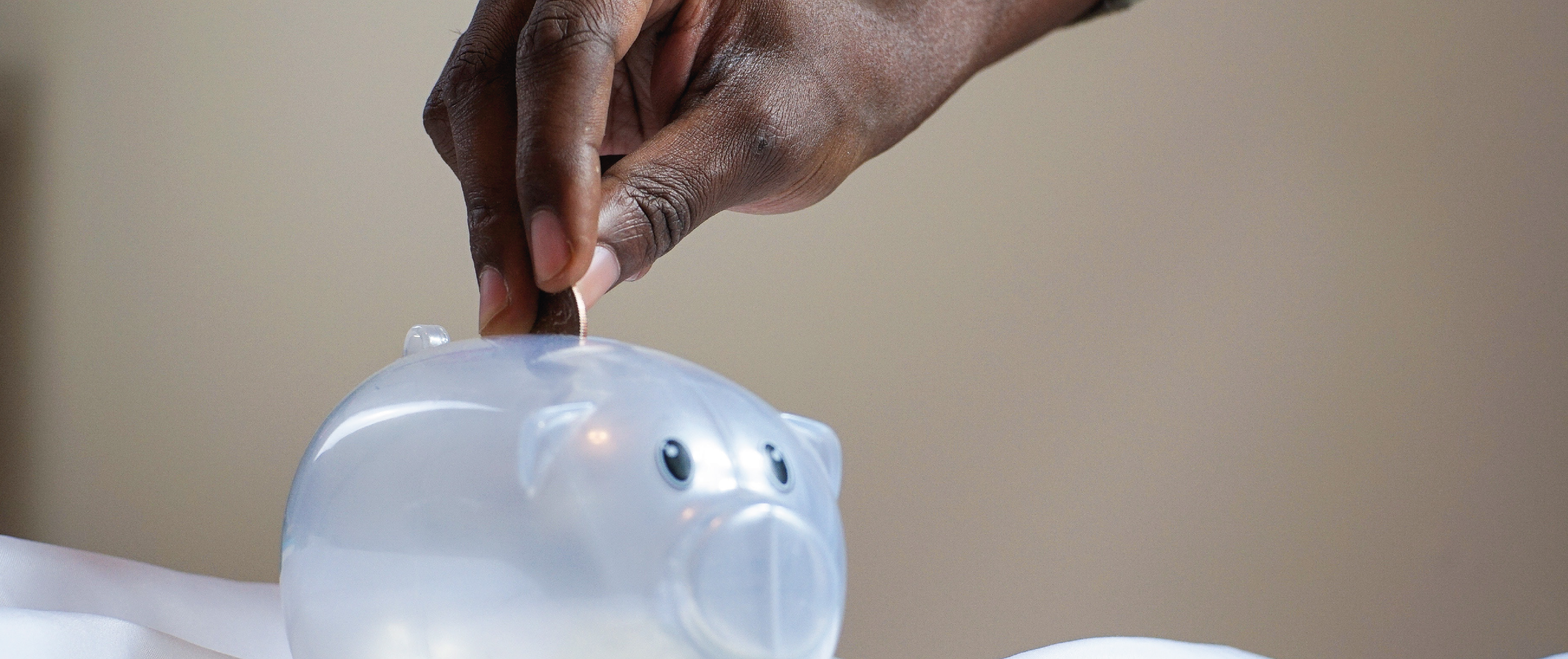
17 September 2021
Scott Palmer, Chartered Financial Planner
Very simply, a pension is a pot of money to provide an income in later life for when you decide to stop working. One of the main attractions of saving into a pension is tax relief. The Government rewards people for investing into a pension by adding back the tax paid on the amount contributed from earnings. The amount of tax relief received will depend on the top rate of Income Tax you pay. For example, a basic rate taxpayer that contributes £100 of their salary would only have to pay £80, with the government adding a £20 top-up, thus representing the tax they took from £100 of salary. It should also be noted that growth within a pension is free of tax.
For business owners and directors, the tax savings on offer provide an attractive way of extracting profit from a business. Pension contributions from a business/employer can be classed as an allowable business expense and offset against the company’s Corporation Tax bill. For the current tax year that’s a saving of 19%, potentially rising to 25% from 1st April 2023. In addition, employers don’t have to pay National Insurance on pension contributions, the current rate being 13.8%. This means the company could save a total of 32.8% by paying money directly to your pension rather than in the form of salary.
When should I start saving into a pension?
The sooner the better. When you place money into a pension it is invested, and the longer it can remain invested, the longer it has to grow. It’s difficult to prioritise pensions in your 20’s as retirement seems so far away, but starting early allows more time for you to build up a more significant pension pot to provide a more comfortable lifestyle in retirement. If you start later you will need to save more in order to play catch-up.
How much should I be saving into a pension?
This is the million dollar question with no definitive answer. There is a chain of thought that suggests saving half your age into a pension. So if you start saving at age 22 you should look to put 11% of your salary into a pension. However, I prefer the method of working backwards. Think of the lifestyle you want in retirement and the income you need to fund it, and then work on a plan on how you are going to get there.
Why should I be aware of my pension on a short-term and long-term basis?
Many people will open their first pension with their employer/own business and it may be possible to open further pensions as they move jobs throughout their career. Keeping track of these pensions and knowing what to do with them can be difficult for some so it’s good to have an understanding of the different types of pension you may have. Over the long term, it’s important to review your pension plans regularly to see if your retirement plan is on track to meet your long-term goals. This will then allow you to see whether your plan needs adjusting to reach your goals, or whether your goals need adjusting to become more achievable.
When can I take my pension?
The earliest you can take your pension under current rules is age 55. This will increase to age 57 from 2028. You do not have to stop working or retire when taking money from your pension. There are special circumstances where you may be able to access your pension earlier, such as ill-health.
What happens to my pension if I die?
The total value of your pension will usually be paid at the discretion of the Pension Trustees. It is therefore important to ensure you have completed an Expression of Wish which will provide instructions to ensure your money will go to the people you want it to go to. You can choose as many people as you wish to benefit from your pension on death, but you will need to make sure this form is kept up to date to reflect any changes in your circumstances.
The benefits of investing into a pension make it a very useful financial planning tool. Whilst retirement may seem a long time away, and many people in their younger years prioritising money on a social life, creating a plan at an earlier age generates significant advantages to putting it off to a later date.
Important Note
No news or research content is a recommendation to deal. It is important to remember that the value of investments and the income from them can go down as well as up, so you could get back less than you invest. If you have any doubts about the suitability of any investment for your circumstances, you should contact your financial advisor.